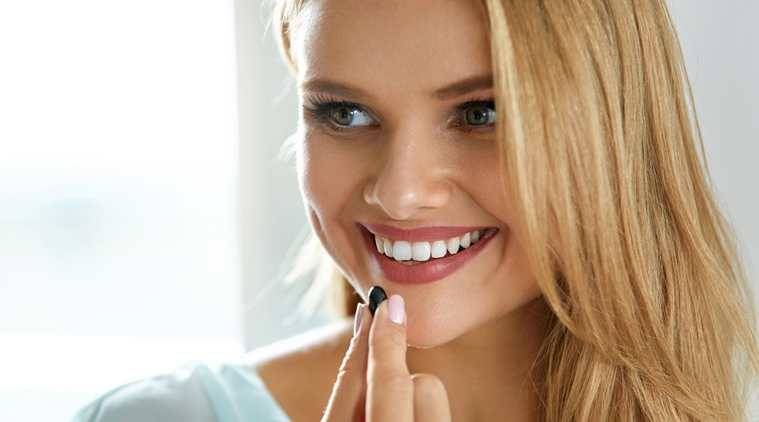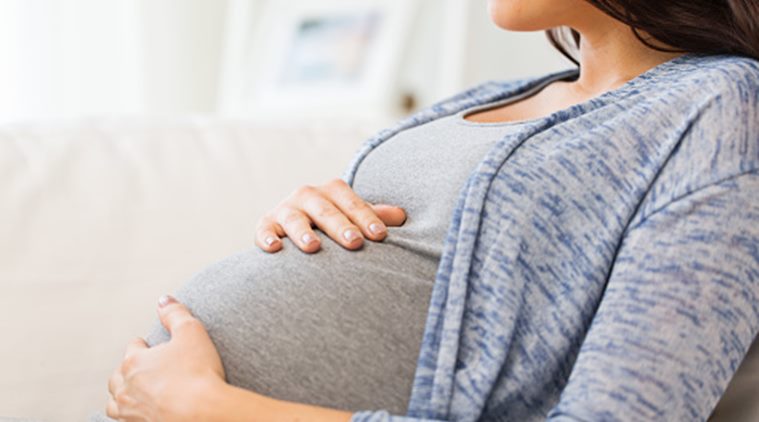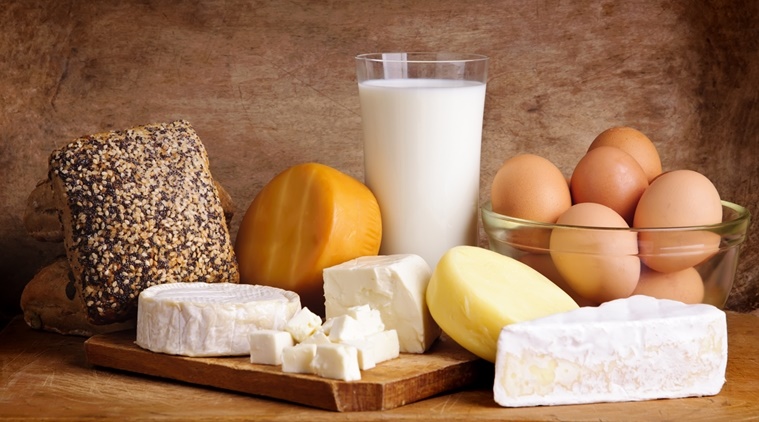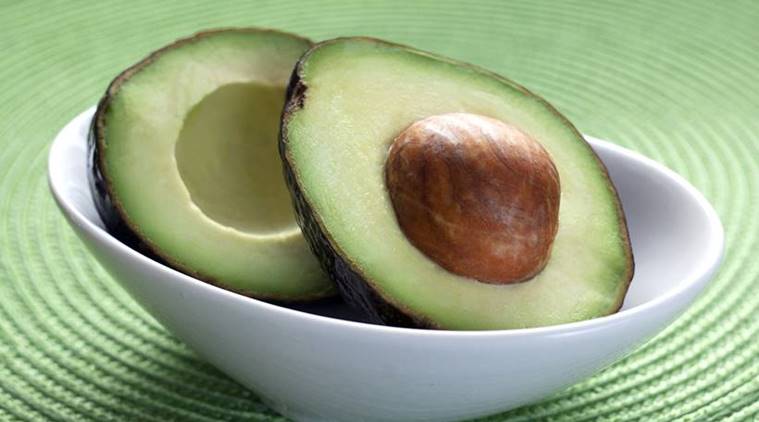Essential multivitamins for women over 30
But you need to be careful and consult a doctor or a nutritionist to avoid mega doses.

When we’re young, we often tend to ignore our body’s nutrient requirements which impacts not only our body, but also our skin and overall health in the long run. Which is why, health experts recommend a diet that is rich in nutrient-dense, organic, and real foods as a foundation of a healthy lifestyle. Yet, for many women, diet alone may not be enough. Through various stages of her life, a woman requires certain nutrients to help maintain appropriate body balance.
“Our daily food may fall short in providing sufficient quantities of vitamins and minerals; and that is when multivitamins become essential. They act as a bridge, by delivering the nutritional value, between our body’s requirement of nutrients and the insufficiency of our food to deliver the same. It is imperative for females over 30 years of age to pay utmost attention while selecting vitamin supplements, especially relating to the onset of childbearing years,” says Rajeswari Shetty, head of dietetics, SL Raheja Hospital Mahim- A Fortis Associate.
Some benefits by which vitamins and supplements can aid in quality health for women
1. Preventing anaemia during menstruation or childbirth
2. Replenishing vitamins and minerals that have been depleted due to birth control, other medications, life stressors, exercise, food choices, and more
3. Promoting hormonal balance
Iron

Iron is an important supplement for women in their 30s, absence of which can arise in women who do not consume a lot of meat; those with moderate to heavy menstrual cycle;
athletes, and pregnant women. But it must be noted that while intake of iron can support your health, one needs to consume it within limits. Excess of iron consumption can cause vomiting, abdominal pain, and other symptoms. It is paramount to consult your doctor to determine your iron requirements. No matter what you eat, if your body cannot utilise your intake, you will not get any nourishment. A parasitic infestation can cause malabsorption of essential nutrients, which, in turn, can cause anaemia. Therefore, de-worming tablets are distributed under the existing Iron and Folic Acid supplementation programs.
ALSO READ | From spinach to eggs: Some of the most healthy foods you can find in your kitchen
Vitamin C and Vitamin E (antioxidants)
Vitamin C & E are great antioxidants and help in maintaining healthy skin from inside out. Vitamin C also supports the immune system and keeps the skin youthful as it promotes the creation of collagen. Vitamin C also helps absorb iron. Vitamin C & E contain vital antioxidant properties, thus a lot of people also apply Vit-E oil commonly to skin injuries in order to help prevent scars or fasten up the healing process.
Calcium and Vitamin D
Vitamin D is vital for women in their 30s. By assisting the body to absorb calcium from food, vitamin D largely supports bone health. Intake of vitamin D along with calcium facilitates maintaining healthy bones. Some bodily functions require specific vitamins. For example, vitamin D is essential in helping the body absorb and maintain appropriate levels of calcium. It is one of the main factors for a healthy immune system to protect the body from various illnesses. However, it is difficult to get it from your food. Luckily, it’s produced by the skin after exposure to sunlight. Just going outside during the day twice a week for 10-15 minutes will do the trick. However, use of sunscreen blocks the production of vitamin D.

B-Vitamin supplementation for energy and mood
The numerous B groups of vitamins are essential co-factors for many body processes. B-vitamins are most often linked with having energy, but in reality, they are imperative for mood lifting and preventing depression too. Folic acid, that is significant for women who are thinking about having children and those who are pregnant, acts as a crucial ingredient in prenatal vitamins. Following are some of the essential nutrients for women and their good sources:
ALSO READ | Curd: Why you shouldn’t avoid it this winter
Folic acid: broccoli, oranges, avocado, asparagus, rice and spinach
Vitamin-D: sun exposure, mushrooms, egg yolks, and fatty fishes
Iron: seafood, spinach, white beans, red meat, seafood and lentils
Calcium: dairy products, fortified milk alternatives and juices, sardines, salmon, tofu, and kale
Iodine: seafood, seaweed, eggs, grain products, iodized salt, and low-fat dairy products

“Women have slightly different nutritional needs than men, and these needs can change during the various stages of a woman’s life. Usually, the best way for a person to meet their dietary needs is to consume a balanced diet. Whole foods are packed with more nutrition than a pill. However, if you do not include enough of the recommended servings of vegetables and fruits, it is advisable to take vitamin supplements. But you need to be careful while consuming them and must consult a doctor or a nutritionist to avoid mega doses,” she adds.
For all the latest Lifestyle News, download Indian Express App
Source: Read Full Article





